News reports suggest that the Federal Government may have shortlisted several companies to take over the country’s refineries. The four companies include Petrodel resources, Matrix, BP, Gunvor Nigeria Limited and Honeywell Group.
The reports have not been confirmed by the Nigerian National Petroleum Corporation, (NNPC). The news of this sale may come as a strategy to encourage foreign investors.
At the ongoing Nigerian International Petroleum Summit, the Minister of State for Petroleum Resources, Ibe Kachikwu, lamented the country’s low oil- producing capacity. He informed OPEC members and an audience of international investors of plans to revive the refineries.
A tale of faulty refineries
The nation’s four refineries in Port Harcourt, Kaduna, Warri are old and prone to frequent breakdown. The Port Harcourt was refineries commissioned in 1965 and 1989 has an installed capacity of 210bpd, combined. However, they operate at 31.7 percent capacity.
The Kaduna refinery was commissioned in 1980, with an initial capacity of 100,000 barrels per day. An additional 10,000 barrels were then added, bringing total capacity to 110,000 barrels per day. The Kaduna refinery currently has a 27.9% capacity utilization.
The Warri refinery was commissioned in 1978, with an initial capacity of 100,000 barrels per day but a later additional capacity of 25,000 barrels per day was added. The Kaduna refinery was commissioned in 1980, with an initial capacity of 100,000 barrels per day. An additional 10,000 barrels were then added, bringing total capacity to 110,000. Current capacity utilization stands at 10.1%.
According to Kachikwu, the refineries are currently producing at 14 percent capacity, one of the lowest in Organization of Petroleum Exporting Countries (OPEC).
Previous efforts have failed
Previous privatization efforts have proven futile. The Olusegun Obasanjo administration, at its twilight, sold the nation’s refineries to Bluestar consortium lead by Nigerian industrialist Aliko Dangote for $750 million. The Yaradua administration, which took in 2004 over reversed the transaction. Dangote has since embarked on his own refinery project, scheduled for completion by 2020.
A reported concession of the Port Harcourt refinery to a group led by Oando Plc and Agip was halted by the National Assembly. All parties involved ( Minister of State for Petroleum, Ibe Kachikwu, Oando Group CEO Wale Tinubu later denied the proposal.
The need for indigenous refining
Nigeria currently imports petroleum products, leaving the country susceptible to foreign exchange volatility. Landing cost for petrol is currently in the N170 range, but the government is unwilling to increase pump prices, to prevent a public uproar. This has left the NNPC as the sole importer, and the nation in throes of a severe fuel scarcity.
In addition to meeting domestic demand, developing refining capacity as a country enables the country to charge a premium for its products. This will also create badly needed jobs in the country along the refining value chain.

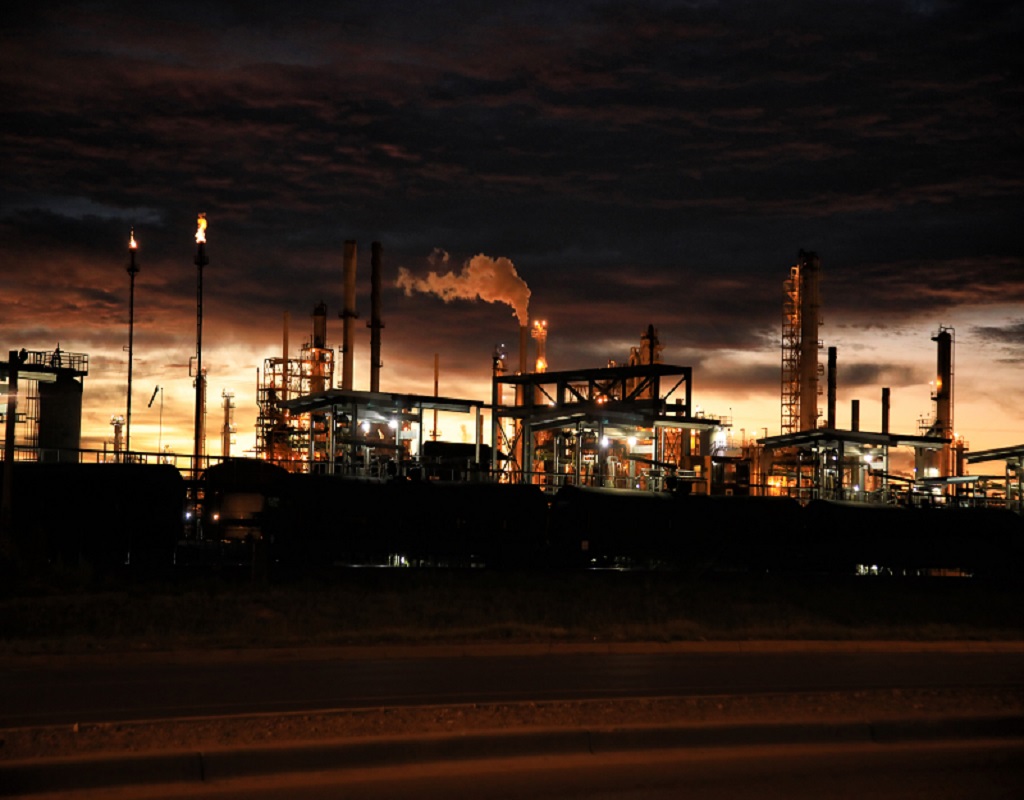







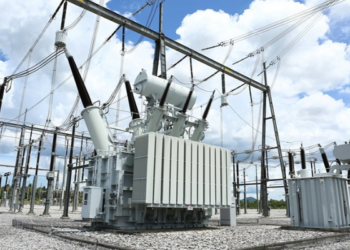
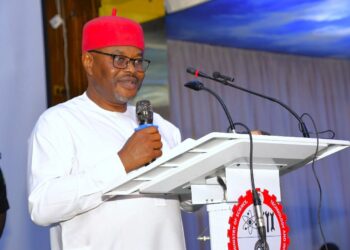
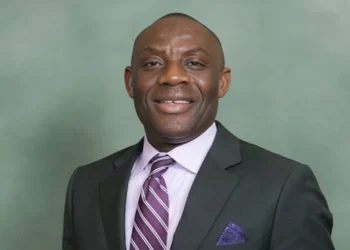
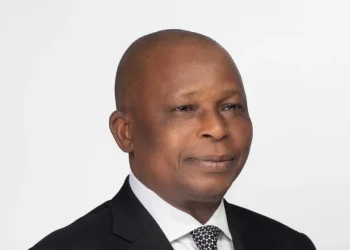








The issue I have here is, following the combined capacities of these refineries, even if they produce at maximum do we still not have such a massive shortfall in our daily consumption?
@mr editor: “The Kaduna refinery was commissioned in 1980, with an initial capacity of 100,000 barrels per day. An additional 10,000 barrels were then added, bringing total capacity to 110,000 barrels per day. The Kaduna refinery currently has a 27.9% capacity utilization.
The Warri refinery was commissioned in 1978, with an initial capacity of 100,000 barrels per day but a later additional capacity of 25,000 barrels per day was added. The Kaduna refinery was commissioned in 1980, with an initial capacity of 100,000 barrels per day. An additional 10,000 barrels were then added, bringing total capacity to 110,000. Current capacity utilization stands at 10.1%”